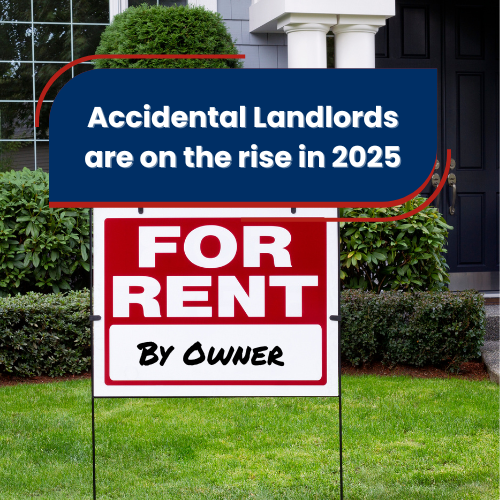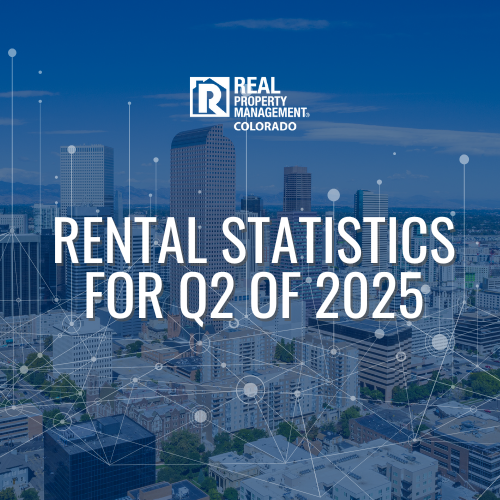Your residents have moved out of your Windsor rental and you’ve begun addressing damages and processing the security deposit. The repairs are done, the statement and charges provided, and all seems well with the world. Until you receive a notice from your previous resident disputing the security deposit return and demanding the full amount back. You think to yourself, now what? The scenario above is a common occurrence that every landlord faces at one time or another. So then how should a landlord respond to security deposit disputes and what steps can they take to help minimize them in the first place? Here’s our step-by-step guide to doing just that.

Tips for Minimizing & Addressing Security Deposit Disputes at Your Windsor Rental
1. Review Your Lease & Move-in Inspection
The lease agreement holds the keys to how the security deposit is returned and outlines the responsibilities of both the landlord and the resident when it comes to the end of the lease. Make sure first and foremost that your agreement contains all the correct clauses and requirements when it comes to the deposit, including when it is returned, what can be withheld, and what steps the resident must take in order to receive it back.
Review the move-in inspection completed prior to the residents’ move-in date. This is best practice even before disputes arise. Check through any photos and documentation to review the condition prior to tenancy and compare it to those taken after the tenants moved out. A detailed move-in condition report, ideally with photos, serves as your baseline evidence and helps prove the property’s original state.
Tip for Minimizing: Make sure your lease is regularly reviewed and includes all the right language for compliance and protection. Complete a move-in and move-out inspection with lots of pictures to create a total snapshot of the condition before and after.
Tip for Addressing: Explain to your residents your findings and provide them with the evidence for why the amount was withheld, including pictures showing the before and after.
2. Assess the Damage Thoroughly
Not all damage is equal. There are things that a landlord can and cannot charge a resident when processing the security deposit. Things aren’t always as black and white as you might hope and some damages require deeper investigation and consideration before moving forward. This is where understanding comes into play. Know the difference between what is considered normal wear and tear and what falls under actual damage.
Review the laws in your area that define normal wear and tear and damage. Generally, normal wear and tear is defined as damages that occur as a natural result of living in a property, including small nail holes, sun-damaged carpet, carpet seam unraveling, etc. Damage is generally defined as damages that occur as a result of neglect, misuse, or intentional actions. These can include broken fixtures, burns or tears in the carpet, pet damage, larger holes in the wall (larger than standard nail holes), etc.
Tip for Minimizing: Assess each item carefully under the scope of normal wear and tear vs damage prior to assigning responsibility to the resident. Know the laws of what can and can’t be charged, then move forward accordingly. Refer back to your move-in and move-out documentation and pictures when processing the deposit.
Tip for Addressing: Review the charge to determine again that it falls under damage and not normal wear and tear. Define what the damage is and why that particular charge they’re disputing falls under the resident’s responsibility. Include evidence of why it was charged, including photos, invoices, estimates, receipts, etc.
3. Provide a Clear, Itemized Statement
Most states require landlords to provide an itemized list of deductions along with any remaining portion of the security deposit, Colorado included. Make sure to prepare a thorough document of all charges and totals back to the residents along with the balance you are refunding (if anything remains). Explain what the charges are in clear detail. Transparency goes a long way in resolving disputes before they escalate and helps prove that you followed the proper process in the event it does sour.
Be sure to:
- Return the statement and deposit balance to the resident within the required time frame as outlined in your lease. (Colorado is 30 days after move-out unless the lease specifies 60 days)
- List each repair or replacement with its associated cost in clear detail.
- Hold on to photo documentation, receipts, or estimates as evidence.
4. Communicate Professionally and Openly
Keeping communication professional and open helps resolve disputes, including those around security deposits. If a resident disputes their security deposit return, respond to them promptly and respectfully. Even if it’s clear that they are responsible for the charge, it’s important to hear them out. Stick to the facts of the return. Reiterate the evidence, including photos, lease terms, and damage reports, and offer to walk them through the charges and why it was withheld. Be open to a civil discussion or compromise if appropriate. In many cases, simply showing that you’ve followed a fair process and have clear documentation will resolve the matter.
5. Know the Laws
Many states have specific legal requirements and laws that govern property management. Familiarize yourself with all applicable landlord-tenant laws in your area, including how long you have to return the deposit, what constitutes as legitimate deductions, and any penalties for failing to comply. If a resident disputes the charges or threatens legal action, consider consulting with a real estate attorney regarding your options. They can review the case and ensure you have done your part when it comes to the legal requirements and offer advice on how best to proceed.
6. Consider Your Options Before Litigation
Going to court gets expensive. If the resident insists they were wrongly charged and refuses to settle, consider your options before moving on to small claims court. Weigh the pros and cons of whether the amount you’re trying to retain outweighs the costs of pursuing the matter in court. For example, is it worth paying thousands of dollars in court and attorney fees over a charge of $200? If your state offers mediation, consider seeking that route first. And as always, consult with a real estate attorney for your best course of action.
7. Consider Hiring a Property Management Company Instead
Professional property managers like Real Property Management Colorado are experts in all aspects of managing a rental property, security deposit disputes included! Our team knows the laws and has all the procedures in place to minimize and address security deposit disputes properly. Take the stress off of your plate and rely on our expertise to help guide you through this and any other situation that could arise with your Windsor rental.
Security deposit disputes can be tricky, but with solid documentation, clear communication, and a fair approach, you can protect your property and your reputation. Being professional and empathetic—even when a tenant disagrees—can prevent a small issue from becoming a bigger problem.
Don’t Want to Handle Security Deposit Disputes Alone?
We’ve Got Your Back! Contact us today!





